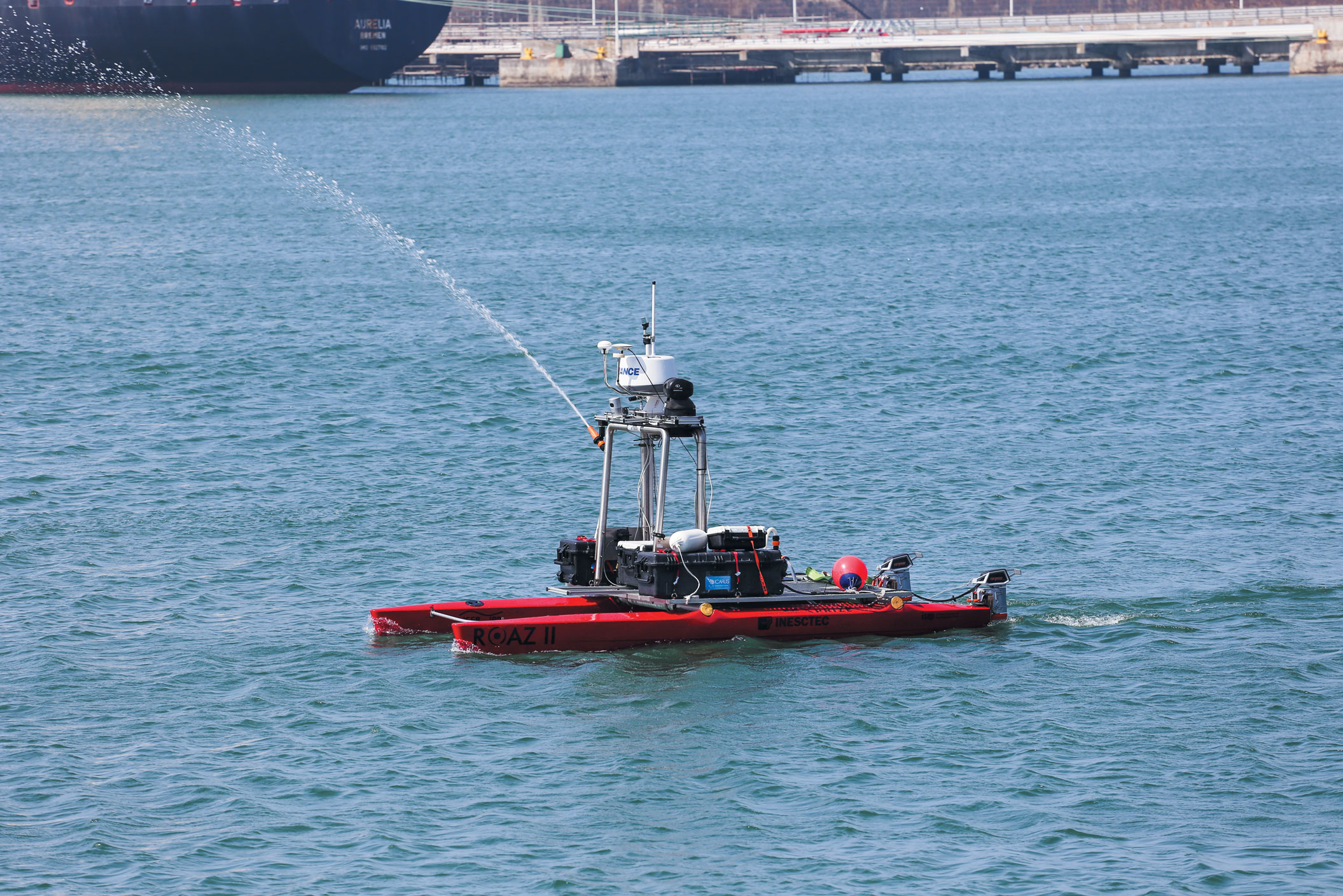
Published 2023-07-05
How to Cite
Copyright (c) 2023 INESC TEC Science&Society

This work is licensed under a Creative Commons Attribution 4.0 International License.
Abstract
Marine oil spills are catastrophic events that lead to high losses of marine life and ecosystems. Oil spill incidents occur regularly during the exploration, production, refining, transport and storage of petroleum and petroleum products. In recent years, several oil spill disasters have occurred, with Deepwater Horizon (2010) being considered one of the largest accidental marine oil spill in the history of the petroleum industry, leading to the spill of over 500.000 tons of crude oil, at the Gulf of México. In the last 50 years, several major spills occurred in the NW Iberian Peninsula, one of the main routes of oil cargo in Europe, because of tanker accidents. In 1975, the oil tanker Jakob Maersk, which was loaded with 80.000 tons of heavy crude oil and 4.000 tons of heavy fuel, hit a sandbank while entering the sea harbour of Leixões (Porto, North of Portugal) and ended up exploding and breaking apart. As a result, around 50.000 tons of oil were consumed by fire, 25.000 tons were drifted at sea and 15.000 tons came to shore. More recently, in 2002, the oil tanker Prestige sank 250 km from the coast of Galicia (North of Spain) spilling more than 60.000 tons of crude oil, polluting thousands of kilometres of coastline and causing great harm to the local fishing industry. This was considered one of the larger environmental disasters in the history of Iberian Peninsula. Jakob Maersk and Prestige cases occupy the 13th and 20th position, respectively, at the ranking of the worldwide major oil spills (ITOF 2015).
